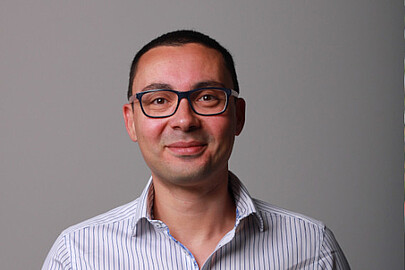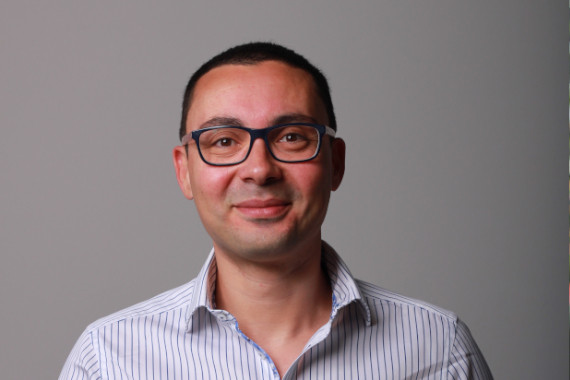



30167 Hannover
Who are you and what is the topic of your research group?
I am a quantum physicist and leader of the “Theory of Quantum Sensing” group at the Institute of Quantum Optics. I am pushing the quantum engineering of ultracold gases to realize precision measurements for fundamental physics and inertial sensing applications.
Which research question are you working on?
I am mainly delivering support to projects that use ultracold gases as input states for precision atom interferometers. These states as well as the measurement protocol optimization is at the heart of my team’s activity. These quantum sensors are most sensitive in the microgravity and space environment. This is why I was serving within consortia such as QUANTUS (DLR), which pioneered the deployment of Bose-Einstein condensates (BEC) in microgravity or CAL (NASA) establishing a permanent presence of a quantum physics lab aboard the International Space Station.
What makes this topic special/exciting for you?
Big discoveries in Physics occurred when precise measurements of new effects were conducted. Working in a field where the resolution of quantum sensors is pushed every day is truly exciting since one does not know what to expect. If one uses these fine probes to explore the interface between two major but clashing theories as General Relativity and Quantum Mechanics, the expectations could only be pretty high. Another highly motivating aspect of this topic are large collaborations. In the type of projects I pursue such as space missions, a single researcher, team or even country cannot afford sizable advancements. There is a need for a high degree of collaboration that forces people to progress as a team and be open, tolerant and humble. Working is such an environment is simply transformational!
How does your topic help to push the boundaries of what can be measured?
The theory of quantum sensors directly aims at performing better measurements. It helps to look at forces such as gravity and use this information to test fundamental theories as Einstein’s Equivalence Principle for example or to resolve geodesy effects in Earth Observation missions.
What is special about participating in the QuantumFrontiers cluster of excellence?
QuantumFrontiers is a very unique, powerful blend of physicists and competencies. Having such a network of metrology experts is tremendously boosting my work. Being able to test my theory at the immediate proximity is invaluable. The interdisciplinary character of the cluster is on the other hand a serious advantage. Being able to learn from the gravitational wave detection community how to function in large collaboration is, for example, very inspiring for the community of atomic physicists.






